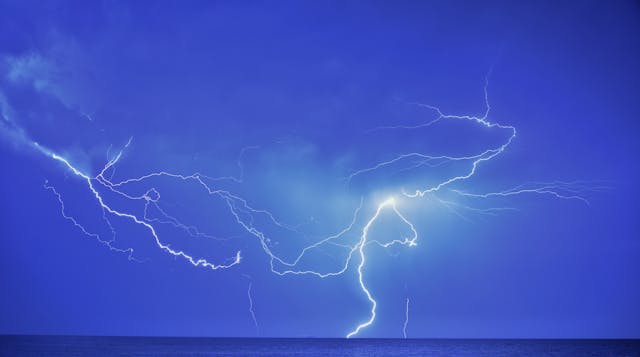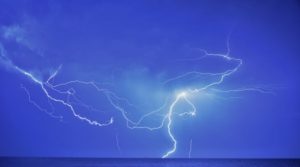
The Importance of Proper Grounding According to the NEC: A Key to Safety in North Dakota
In the world of electrical installations, one of the most critical aspects is proper grounding, a fundamental safety measure that ensures the protection of electrical systems in homes, businesses, and industries. According to the National Electrical Code (NEC), Article 250 outlines the essential guidelines for proper grounding systems. In North Dakota, where extreme weather conditions and fluctuating energy demands are common, grounding becomes even more crucial in protecting people and property from electrical hazards.
Why Is Proper Grounding So Important?
Grounding is the process of connecting an electrical system to the earth, allowing any unwanted electrical current to safely dissipate. A well-designed grounding system:
- Protects individuals from electrical shocks.
- Prevents electrical fires caused by short circuits.
- Safeguards appliances and equipment connected to the electrical system.
The NEC specifies that a grounding system must be able to handle these key tasks to ensure the electrical installation operates safely. Whether you’re working on a residential, commercial, or industrial project, adhering to the grounding requirements of the NEC can save lives and prevent costly damages.
How the NEC Shapes Grounding Requirements
The NEC’s Article 250 is one of the most frequently referenced sections in the code, as it covers grounding and bonding. Proper grounding establishes a safe path for excess electrical current during faults, while bonding ensures all conductive parts are at the same potential, reducing the risk of electric shock.
For North Dakota, where strong winds, lightning storms, and cold weather can exacerbate electrical risks, compliance with the NEC’s grounding guidelines is critical.
The North Dakota Factor: Why It Matters Even More
In areas like North Dakota, lightning strikes are common during the storm season, making proper grounding even more important. Grounding systems that meet NEC standards protect structures and their occupants from electrical surges caused by lightning or power fluctuations. In addition, the soil conditions in various parts of North Dakota may require special considerations when installing grounding rods or plates.
Key Grounding Elements in the NEC to Keep in Mind
When installing or inspecting electrical systems in North Dakota, it’s important to focus on key NEC grounding requirements:
- Grounding electrodes: Ensure proper connection to the earth through electrodes such as rods, plates, or other conductive materials.
- Bonding: Ensure that all metal parts of electrical systems are bonded together to prevent dangerous differences in potential.
- Grounding conductor: Install grounding conductors with appropriate sizing and materials as specified in Article 250.
Conclusion: Safety and Compliance Go Hand in Hand
In North Dakota, proper grounding is not just a recommendation; it’s a necessity for safe electrical installations. Adhering to the NEC’s grounding guidelines helps protect people, property, and equipment from potentially deadly electrical faults. Whether you are a homeowner, electrician, or contractor, ensuring proper grounding in accordance with the NEC’s Article 250 is crucial to meeting safety standards and reducing the risk of electrical hazards.
By making sure your installations are grounded correctly, you’ll not only meet NEC compliance, but you’ll also safeguard against the specific electrical risks common in North Dakota’s environment. Stay safe, stay grounded!

Electrician Glossary for Journeyman Electricians
For any professional in the electrical field, especially a journeyman electrician, mastering technical vocabulary is essential. The electrical glossary not only ensures precise communication with colleagues, contractors, and clients but also guarantees that every task is performed with safety and efficiency.

How Solar Energy Works Even on Cloudy Days
When people think about solar energy, they often imagine bright, sunny days powering homes and gadgets. However, what happens when the weather turns cloudy? Many believe that solar panels are ineffective in overcast conditions, but this is a common misconception. In reality, solar energy systems can still generate electricity on cloudy days—just not at the same efficiency level as during full sun.
